404 Error: Page cannot be found
Page : https://www.littleparndonacademy.org//447/home-learning-1
The page you were looking for cannot be found. It may have moved or been deleted.
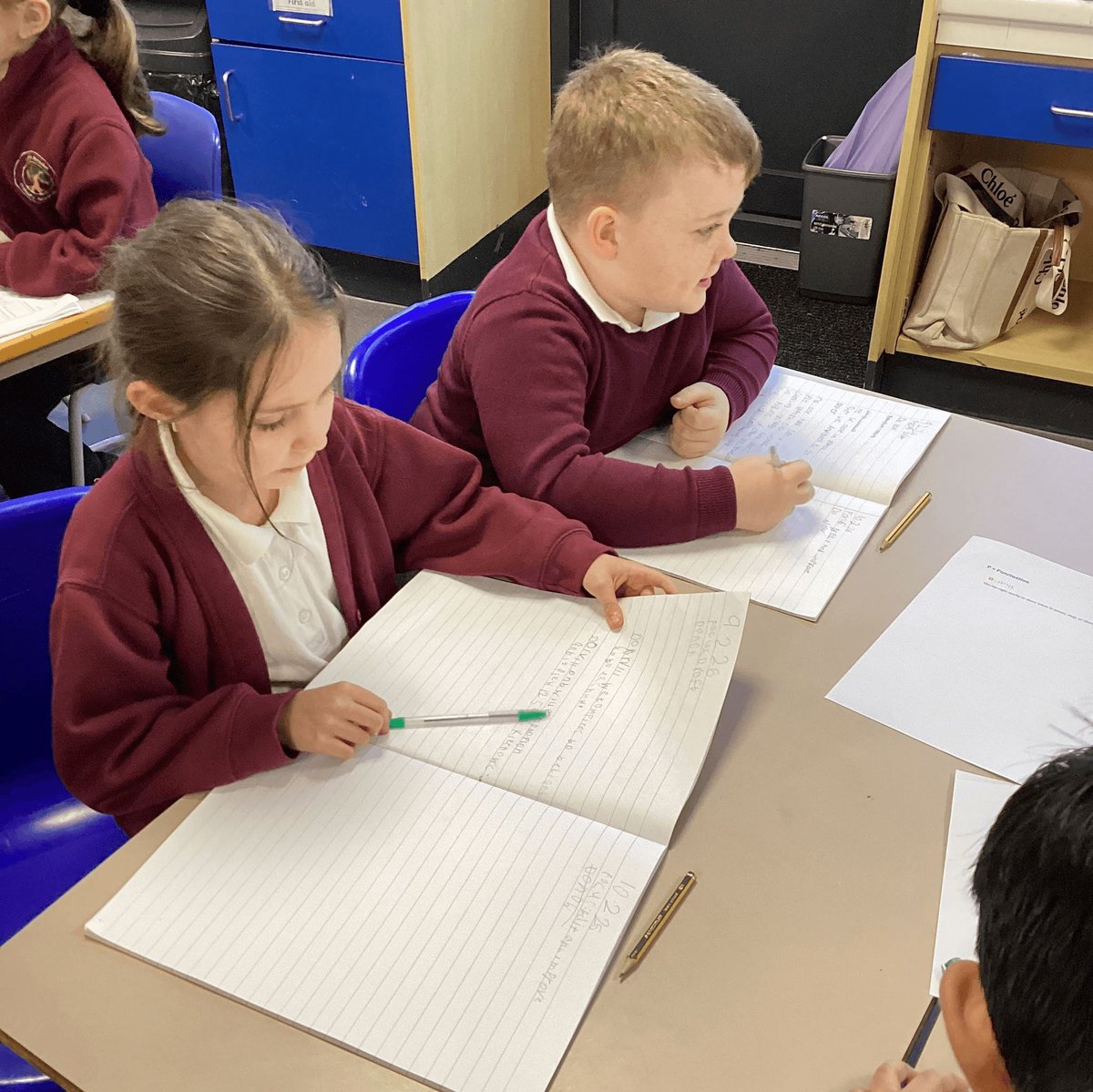
10/02/26
Year 2 have done some fantastic work today editing and improving their newspaper reports on the Wright Brothers. We were all so impressed with the quality of their detailed writing. Keep it up Year 2! #YoungWriters #EducationExcellence
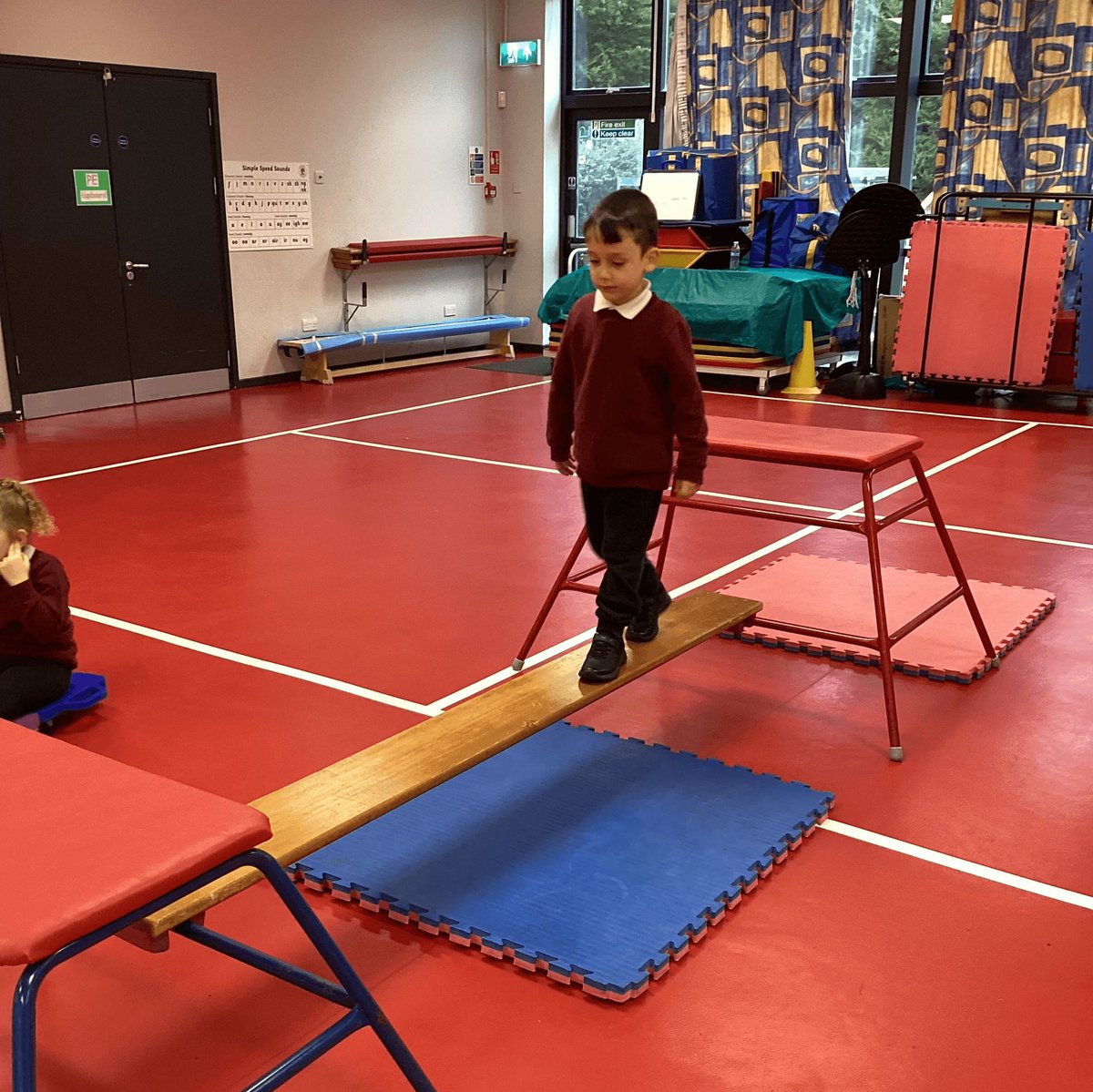
10/02/26
The children in the Grove have been having a fantastic time during PE. Their enthusiasm and energy are palpable as they engage in various activities. It's wonderful to see them so active and happy, making the most of their time and fostering a love for physical exercise.
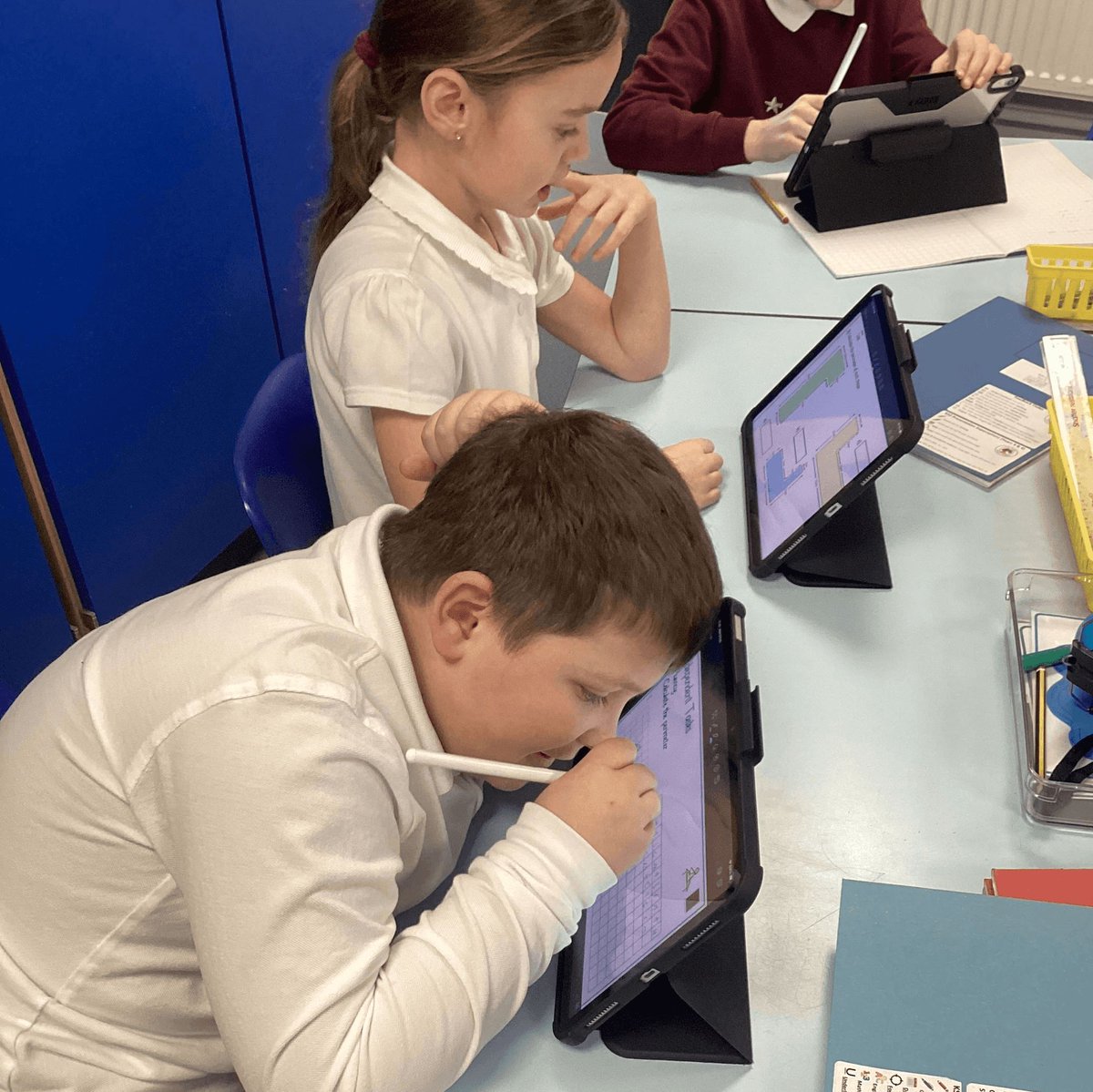
09/02/26
Year 4 having been learning about Perimeters in Maths today. Excellent work Year 4! #MathMagic #Education
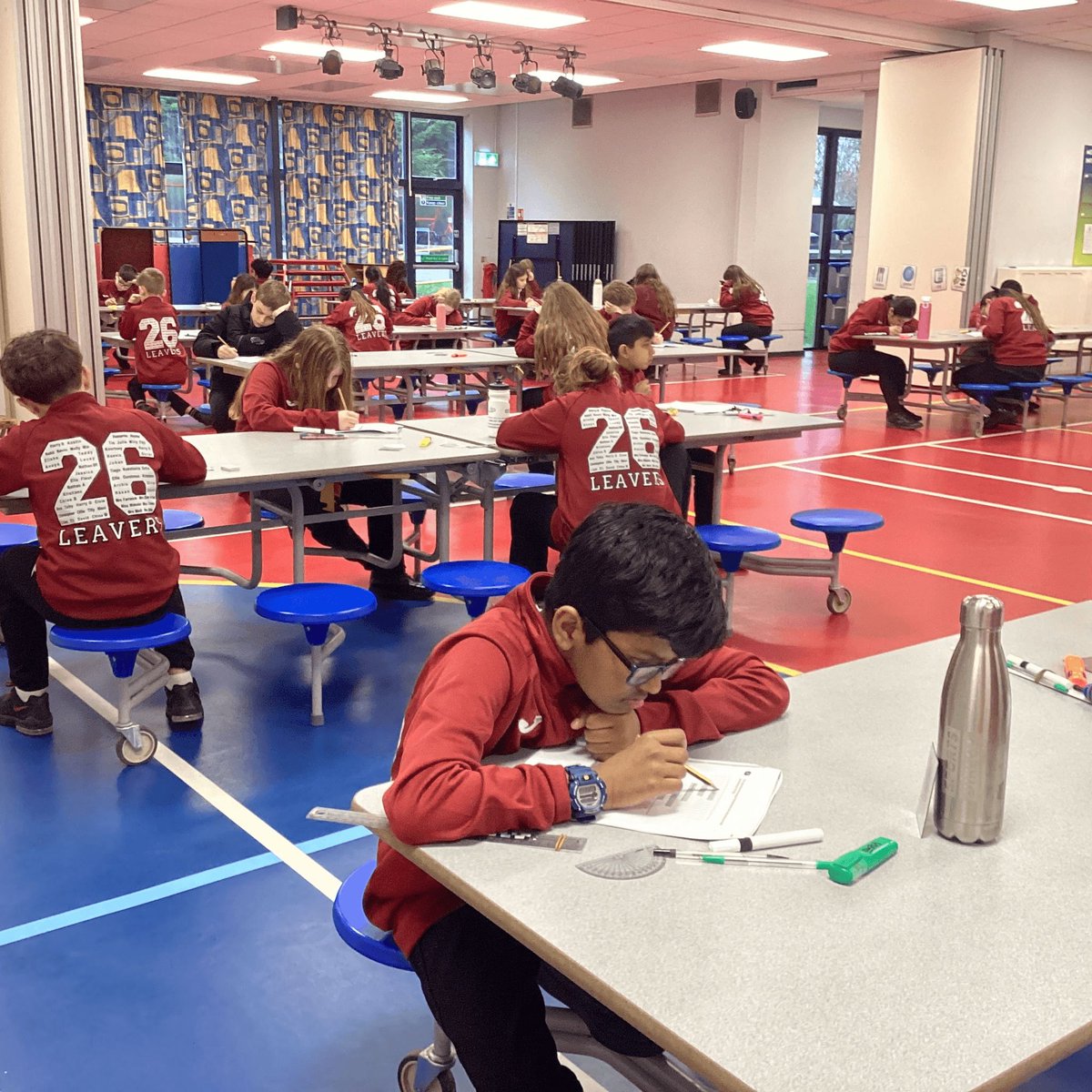
05/02/26
Year 6 have yet again excelled in the mock SAT's! The children who are exempt have been working hard on practicing their timetables! Well done to the whole of year 6! #Year6Success #EducationExcellence
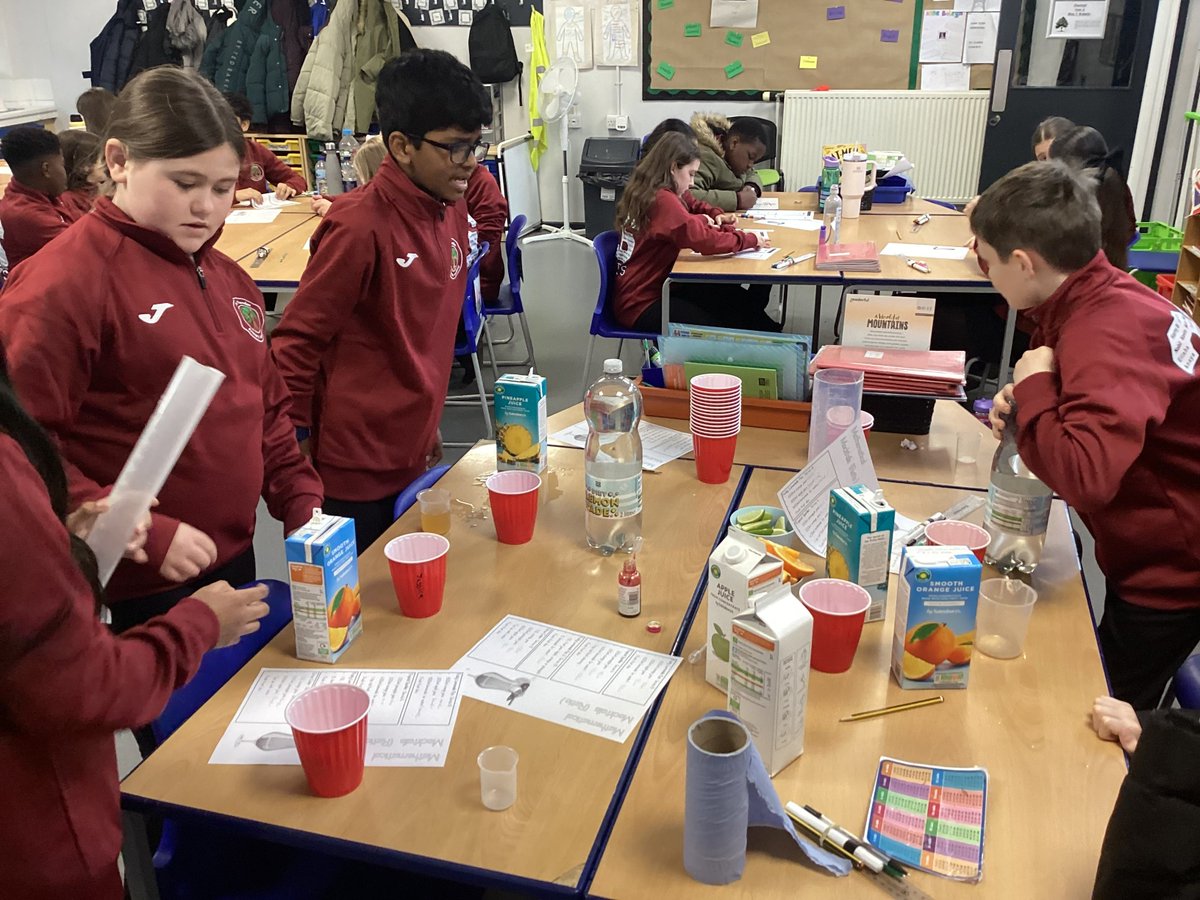
03/02/26
On Thursday 29th January, the children of Oak and Chestnut class Year 6 participated in a mocktail mixology class to put their ratio and proportion knowledge into practice . They had to use their recipes to calculate measurements for one drink.
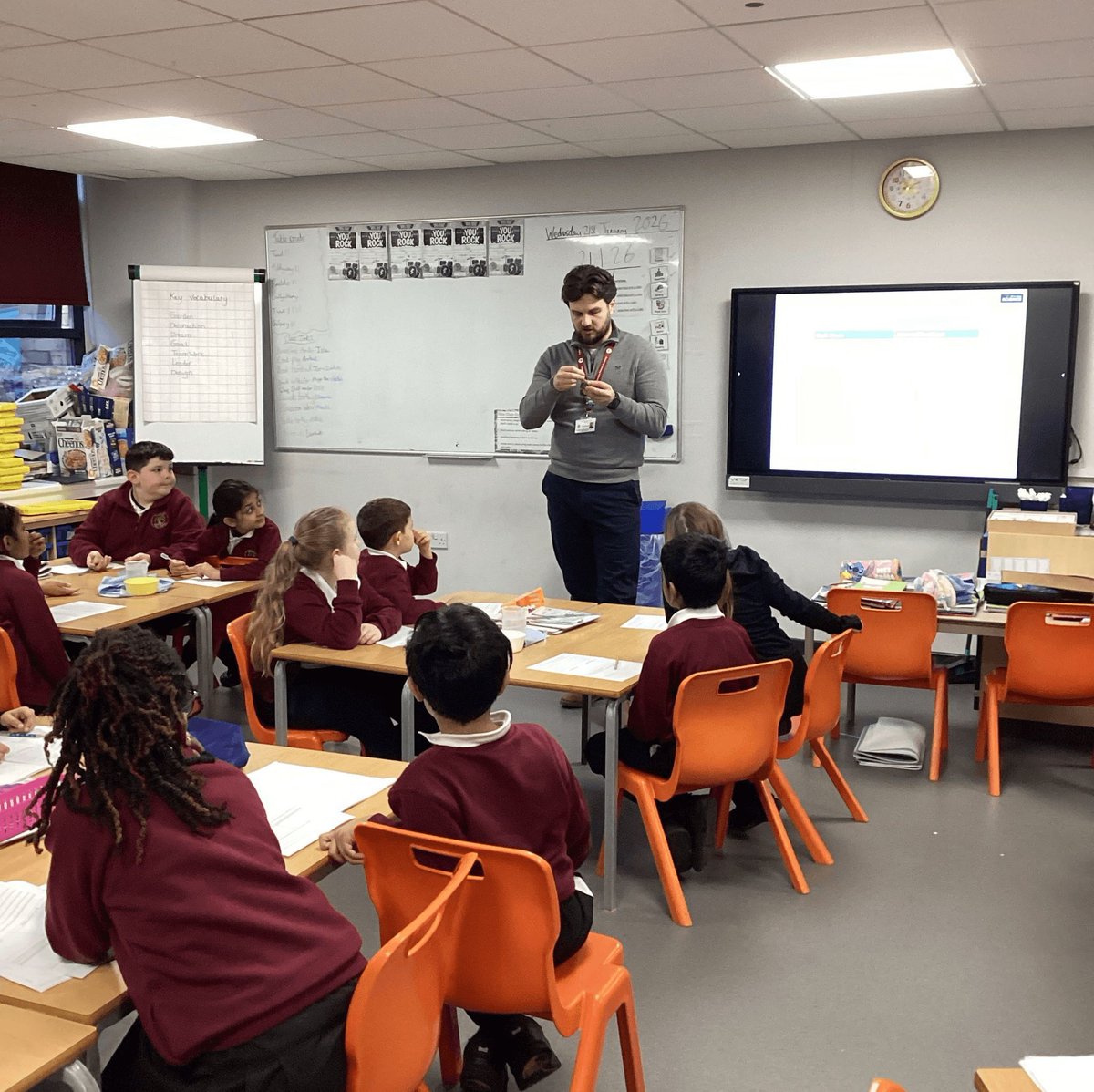
23/01/26
In their Science lesson, Pine Class conducted experiments with various rocks. The students tested the rocks' hardness, observed if they would float or sink, and checked for any reactions to acid. The children found this experiment both educational and enjoyable.
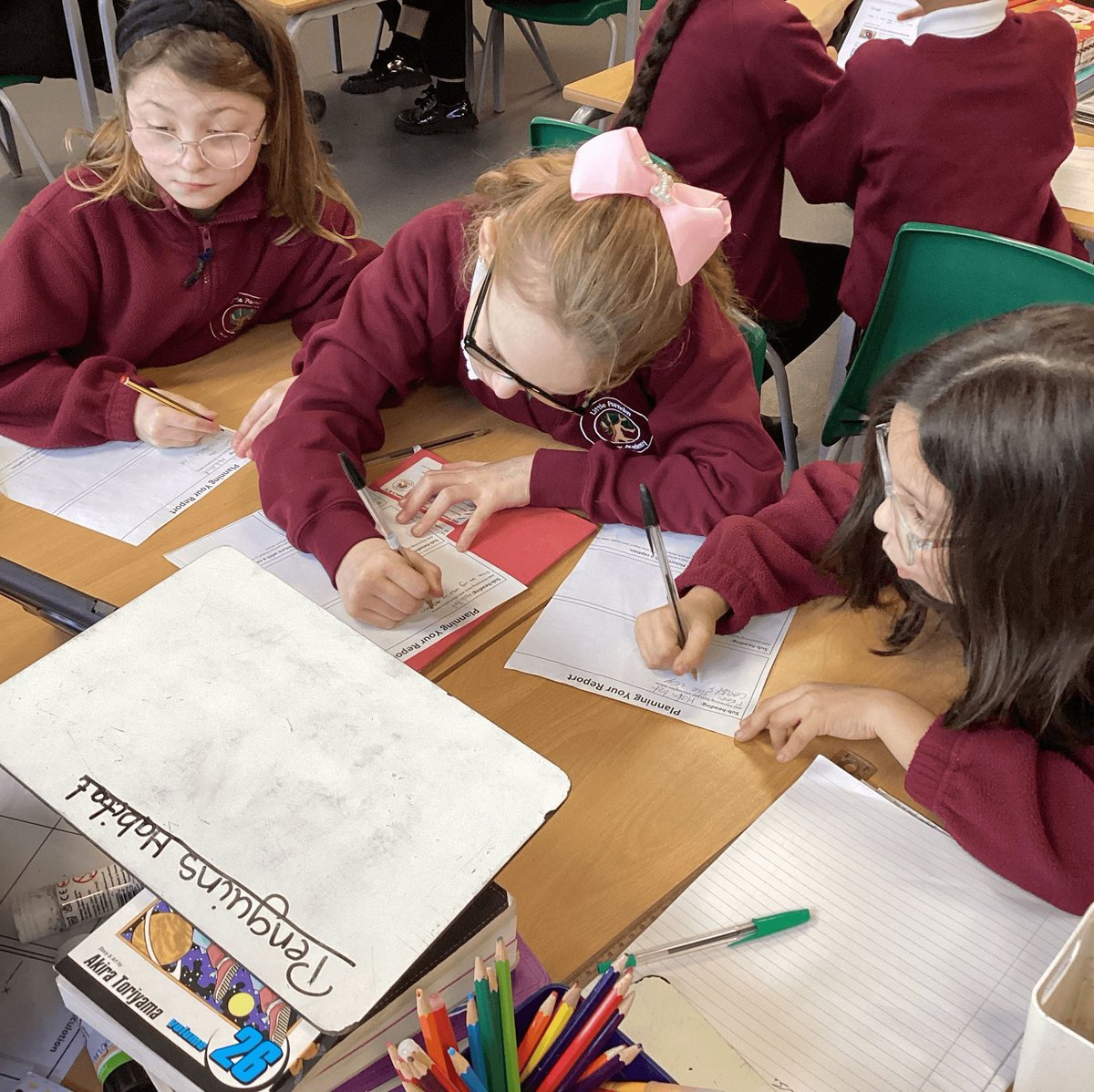
22/01/26
Year 5 Olive Class has been busy preparing a non-chronological report about a sea creature and its habitats. They have been researching on the internet and then drafting their reports. The writing today was outstanding! Well done to Olive Class! #MarineLife #StudentWriters
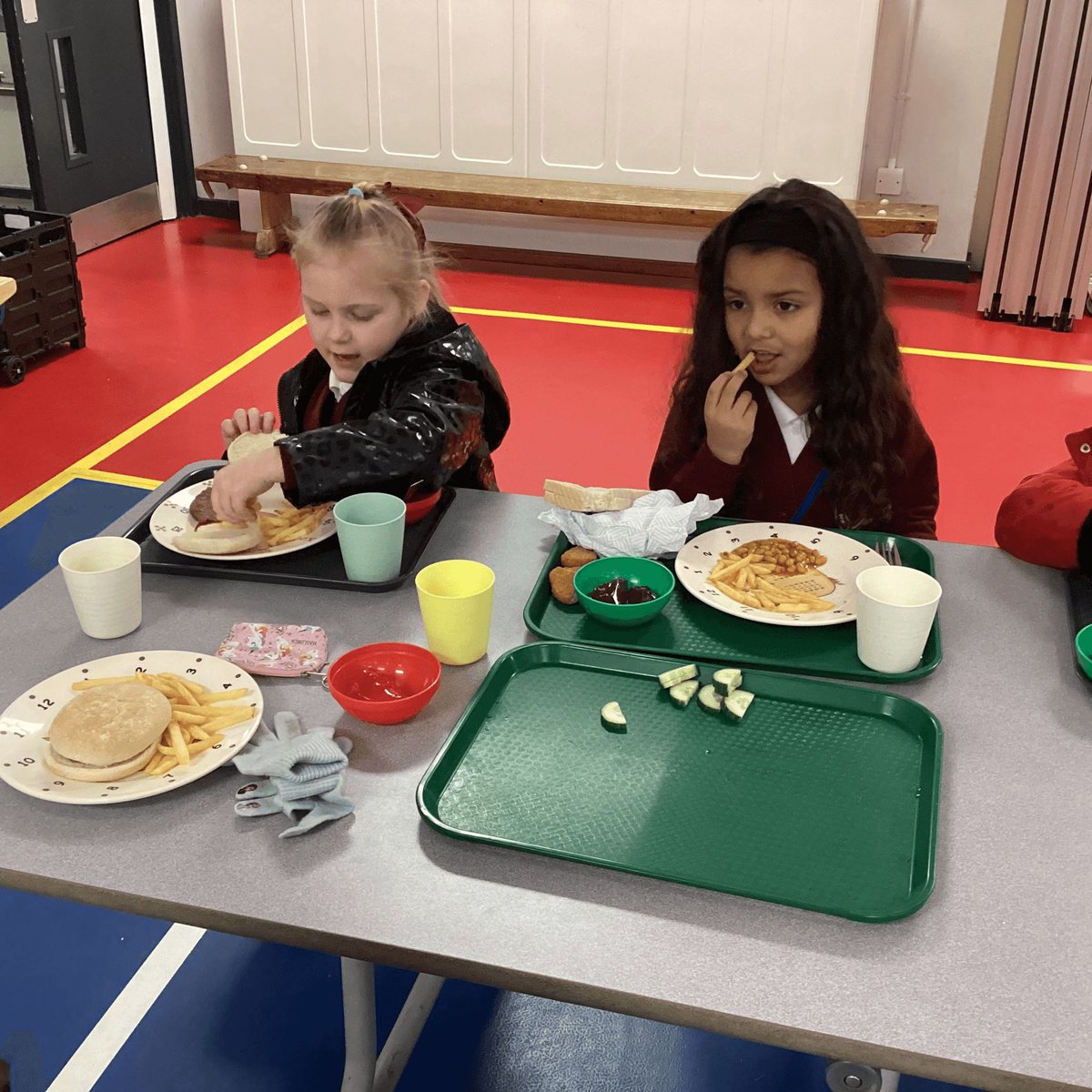
15/01/26
The Census Day special menu was a hit! The children absolutely loved the lunch menu today. A big thank you to the kitchen team for preparing such a delicious meal! #SchoolLunch #CensusDay

15/01/26
Did you know Guitar lessons are taught at LP? Students learn modern guitar techiniques, which enable them to learn songs, acquire performance skills and in time, maybe even right their own songs! The genre is more in line with bands, singers and songwriters.

14/01/26
As part of our commitment to make Maths exciting and high profile in our school, we are taking part in a friendly competition involving schools in the UK. The competition runs from 7:30am to 7:30pm on Friday 6 February 2026. It's all done online via play.ttrockstars.com.
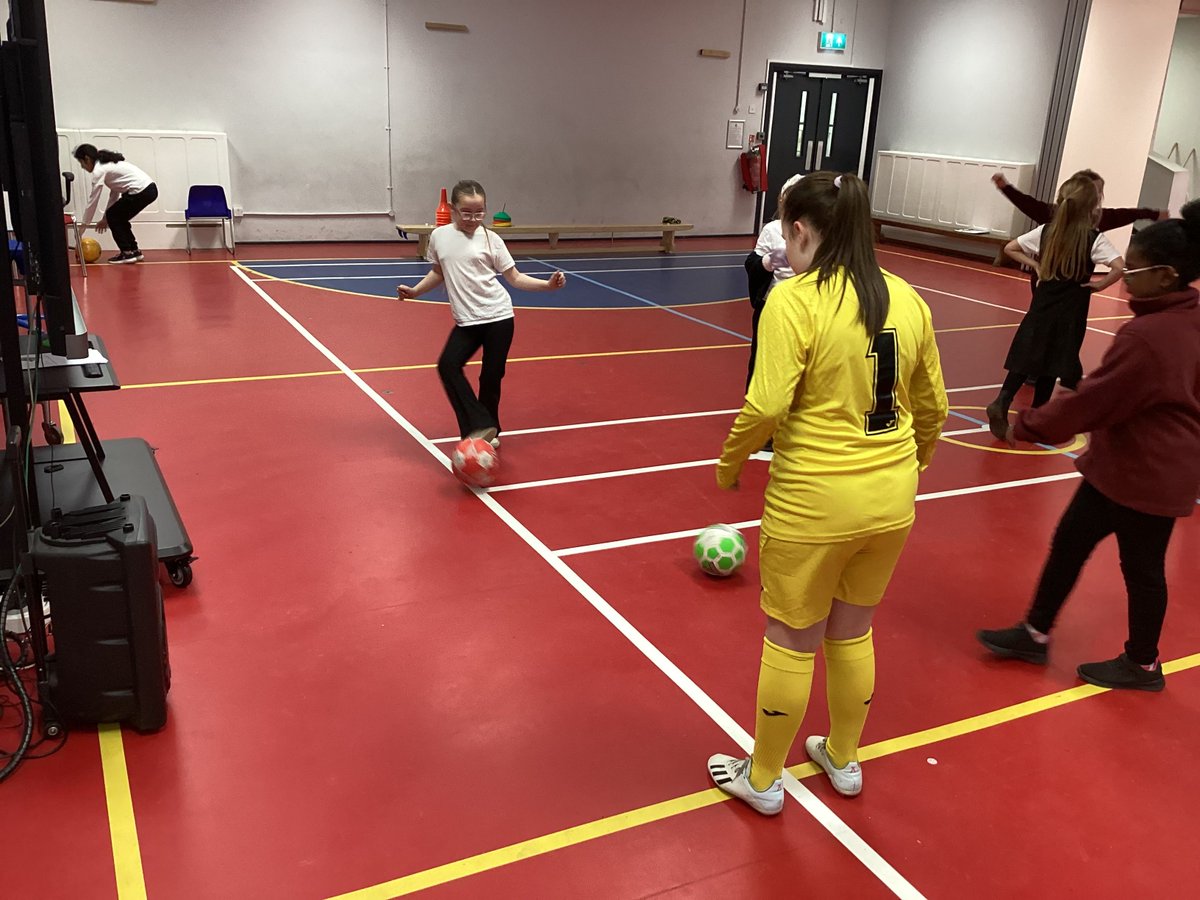
08/01/26
Every Wednesday after school, Mrs. G organizes a Football Club for girls. At these sessions, the girls have been learning and practicing a wide array of football skills and techniques, ranging from dribbling and passing to shooting and defending. #GirlsInSports #Empowerment
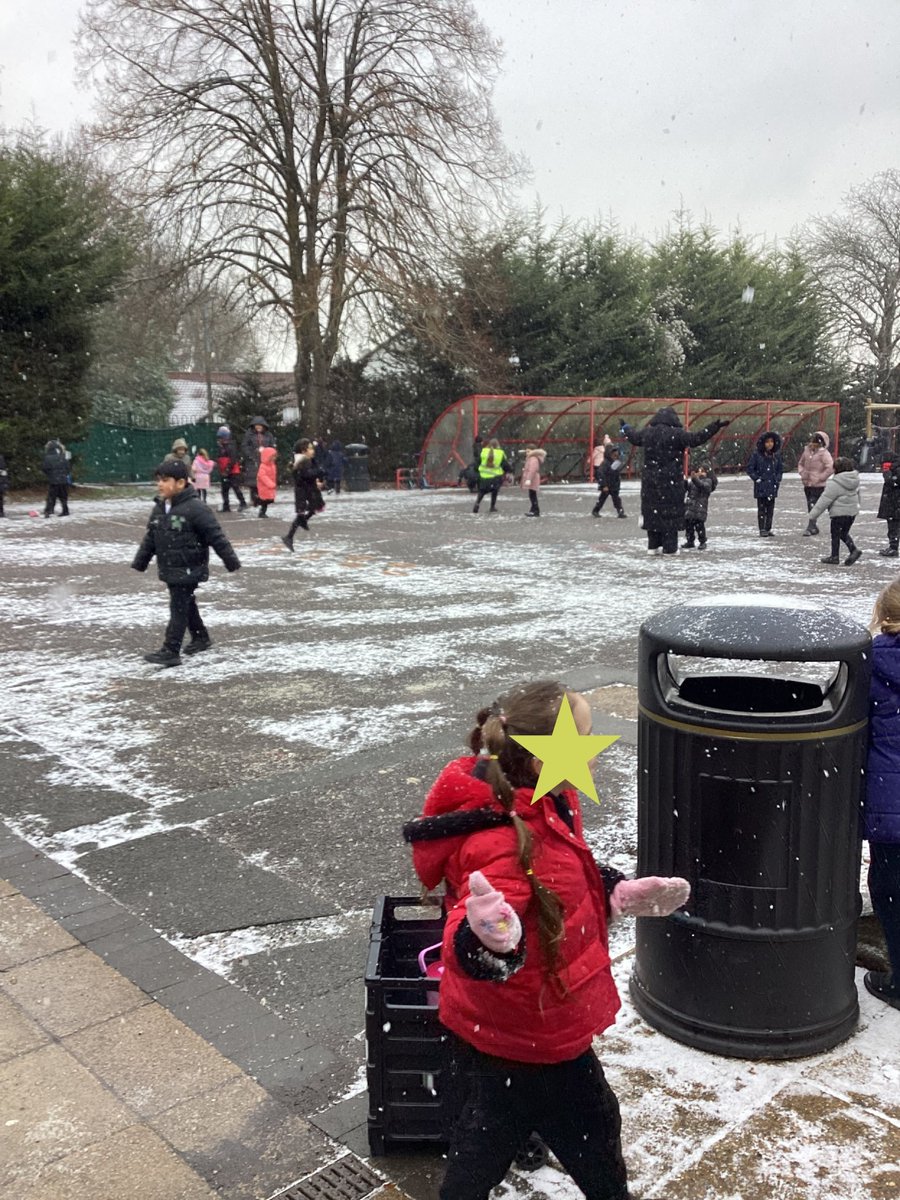
06/01/26
The kids had an amazing first day back in 2026! They thoroughly enjoyed playing in the small amount of snow that fell! #BackToSchool #WinterFun

05/01/26
The staff at LP are working hard getting the school ready for the children to return tomorrow Tuesday 6th January 2026! We are looking forward to welcoming you all back 🙂 #BackToSchool #LPReady

25/12/25
Merry Christmas From Pepe & All At Little Parndon! We hope you all have a lovely time with your loved ones!

19/12/25
Little Parndon was visited by Santa today, and he was accompanied by Pepe Grinch! The kids were thrilled and found the surprise absolutely delightful! #HolidayJoy #SantaVisit

19/12/25
The kids had a fantastic time with their Christmas jumpers and Christmas Dinner day! They enjoyed sitting alongside their friends and teachers, savoring their lunch and having lots of fun with their crackers! #FestiveFun #ChristmasJoy
Outstanding Education
Supporting primary and secondary schools across Essex and North & East London, BMAT is a growing multi-academy trust with a singular vision: schools, teachers and pupils freed to succeed.
Visit BMATThe page you were looking for cannot be found. It may have moved or been deleted.